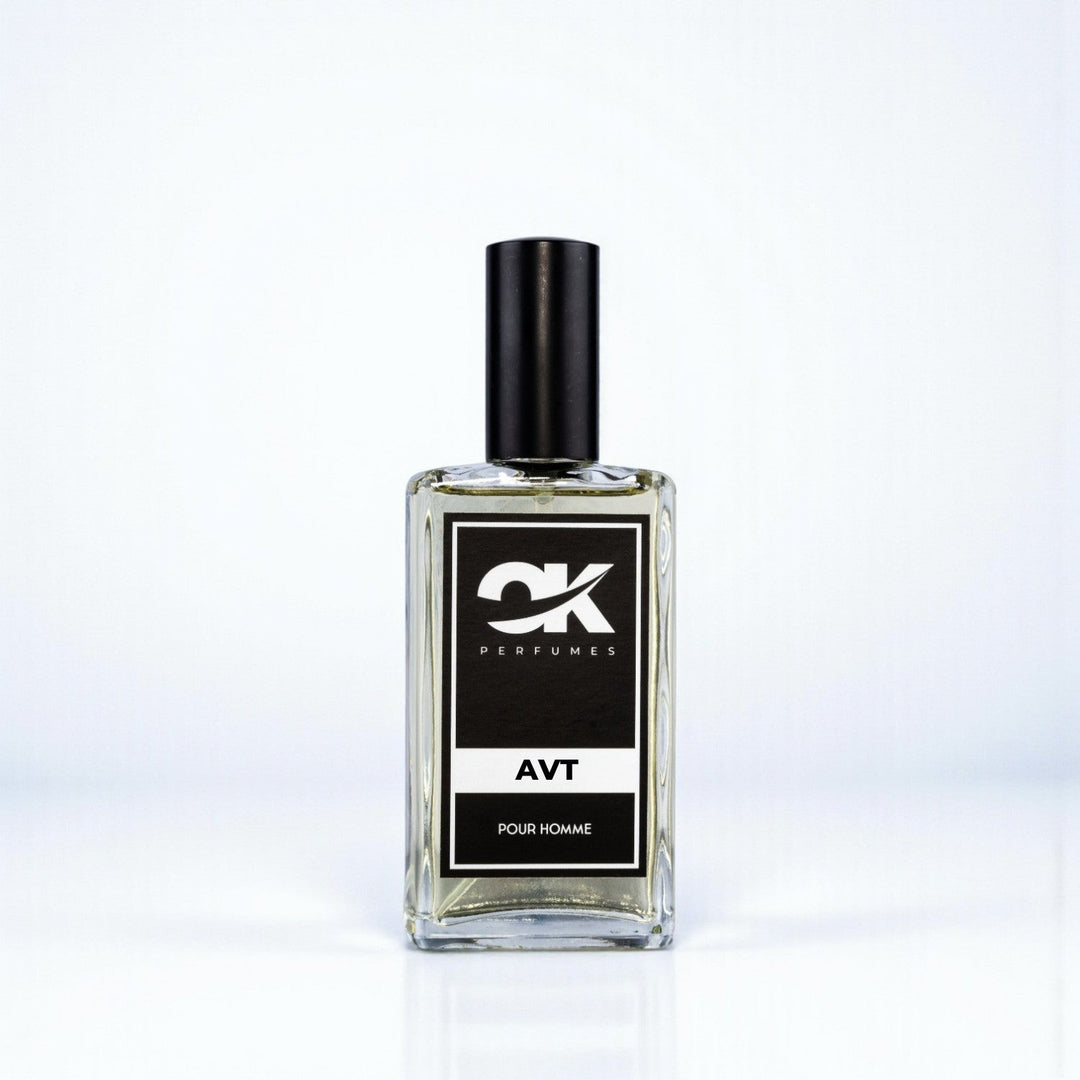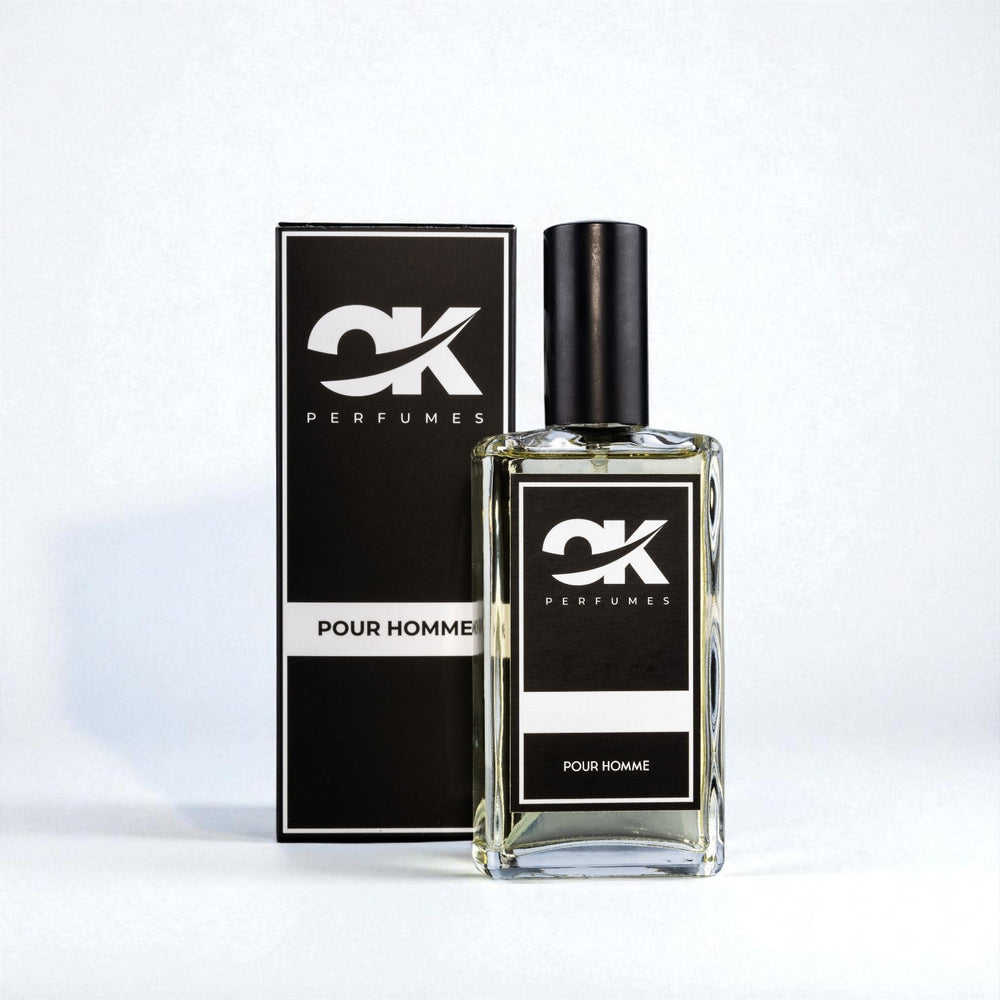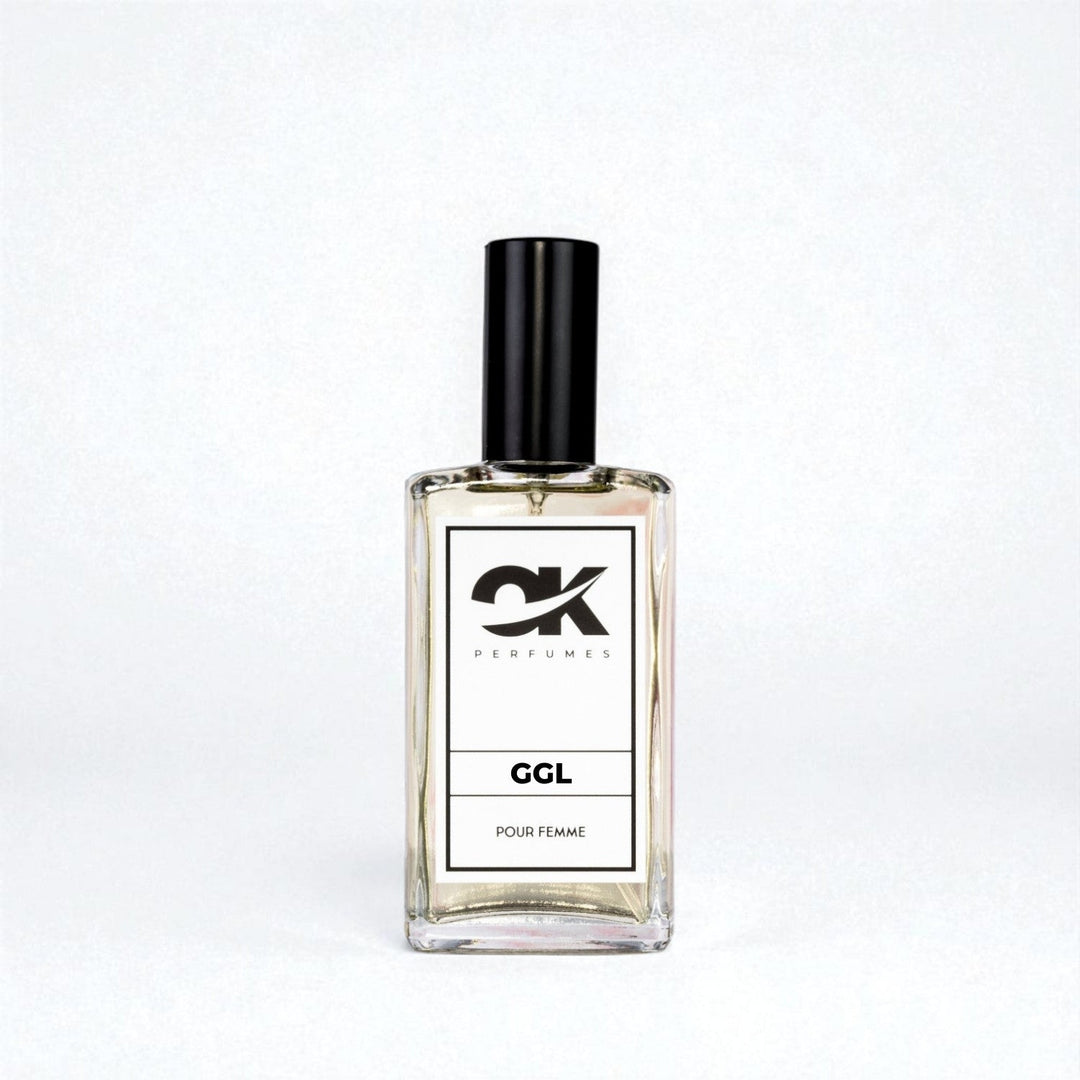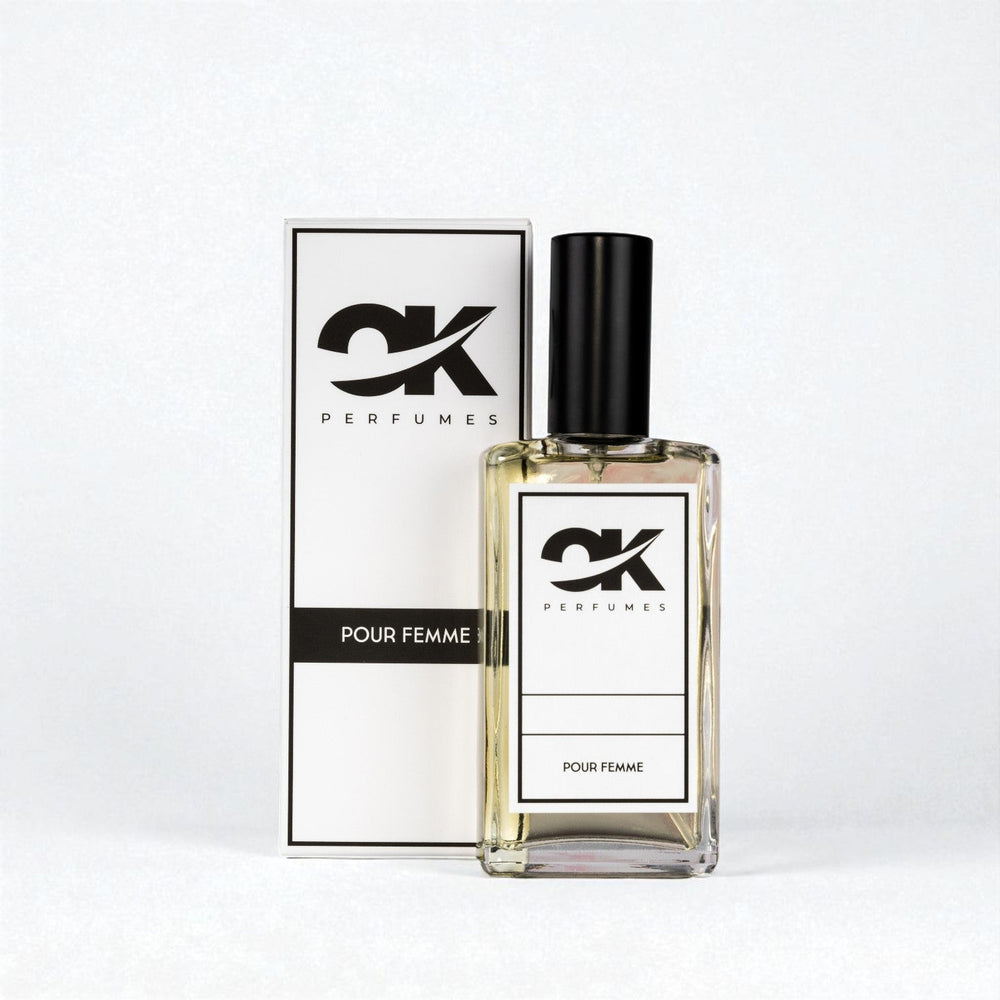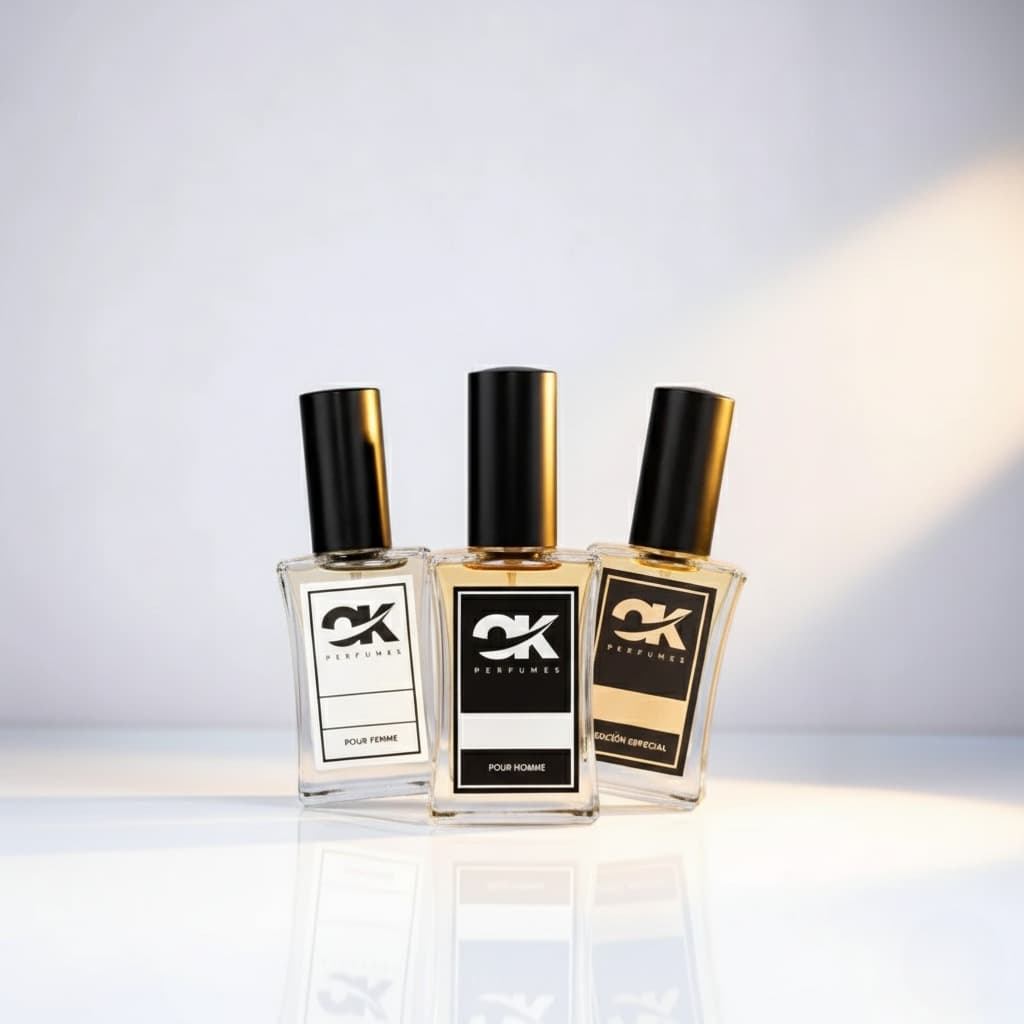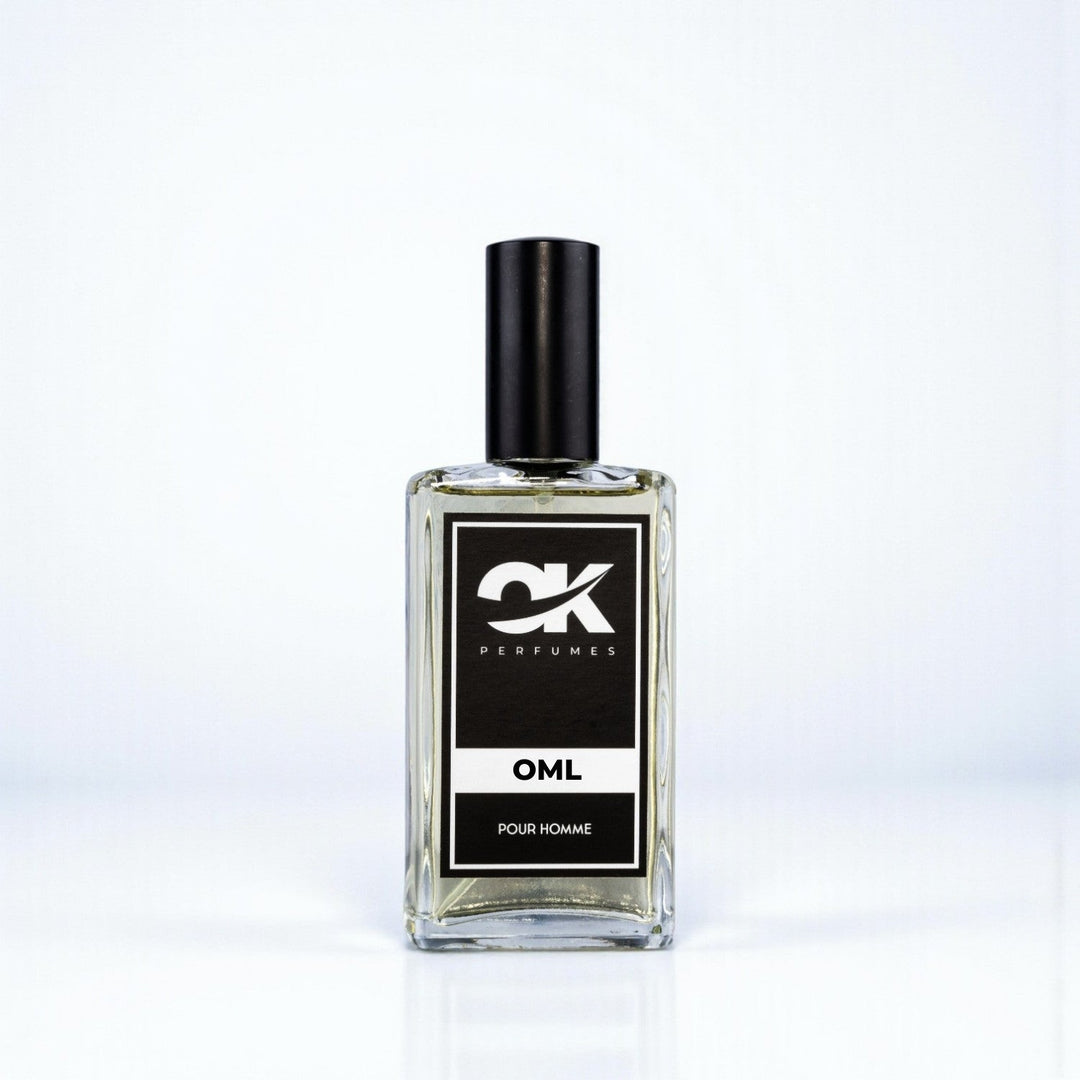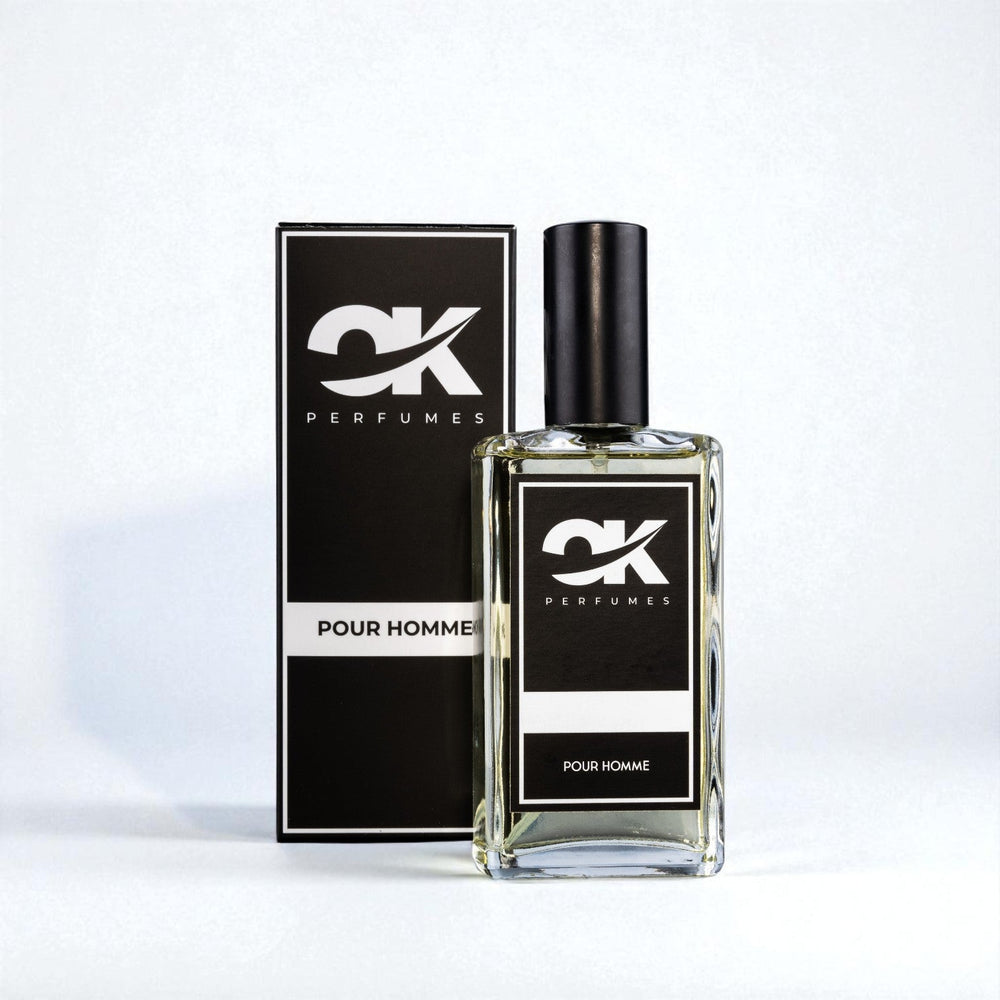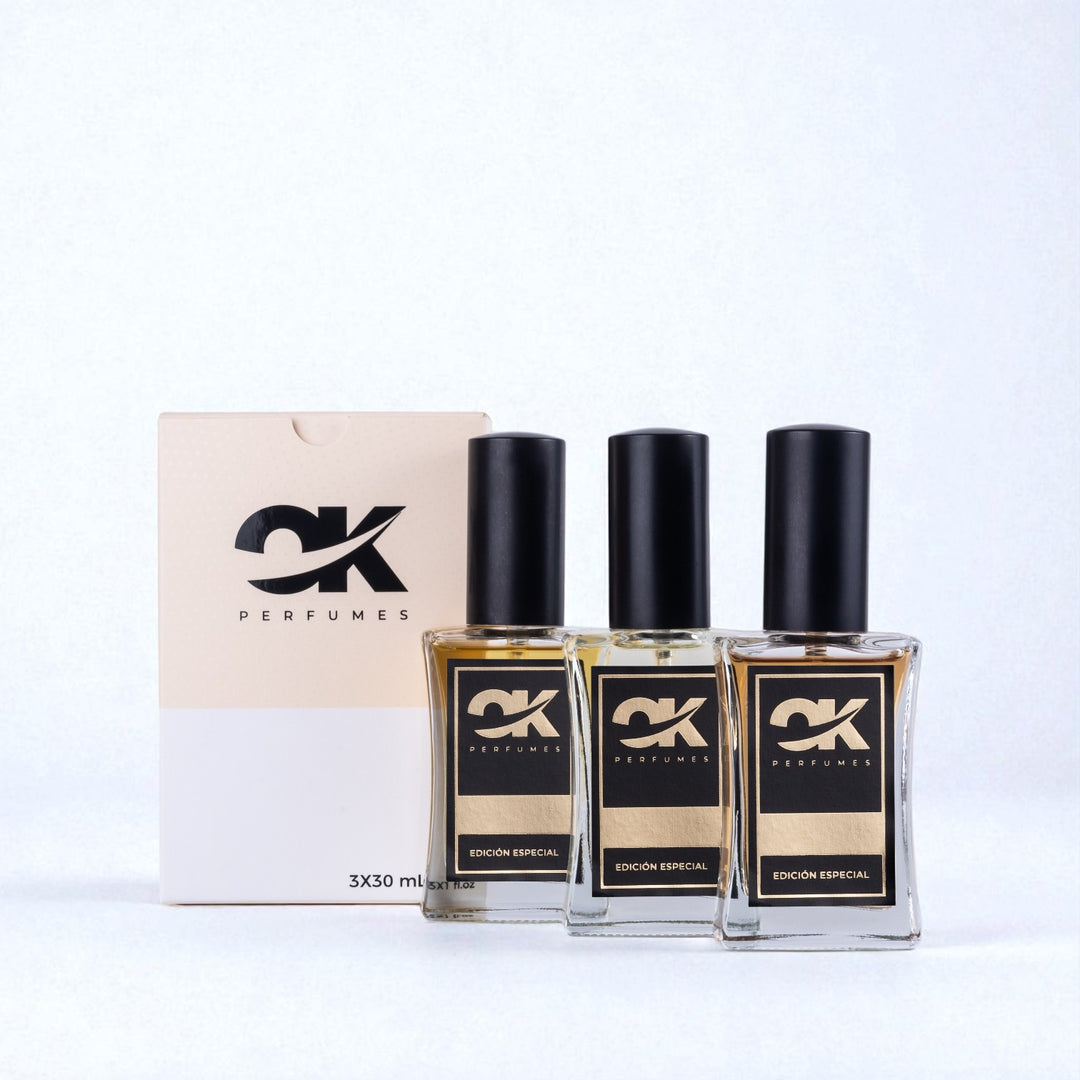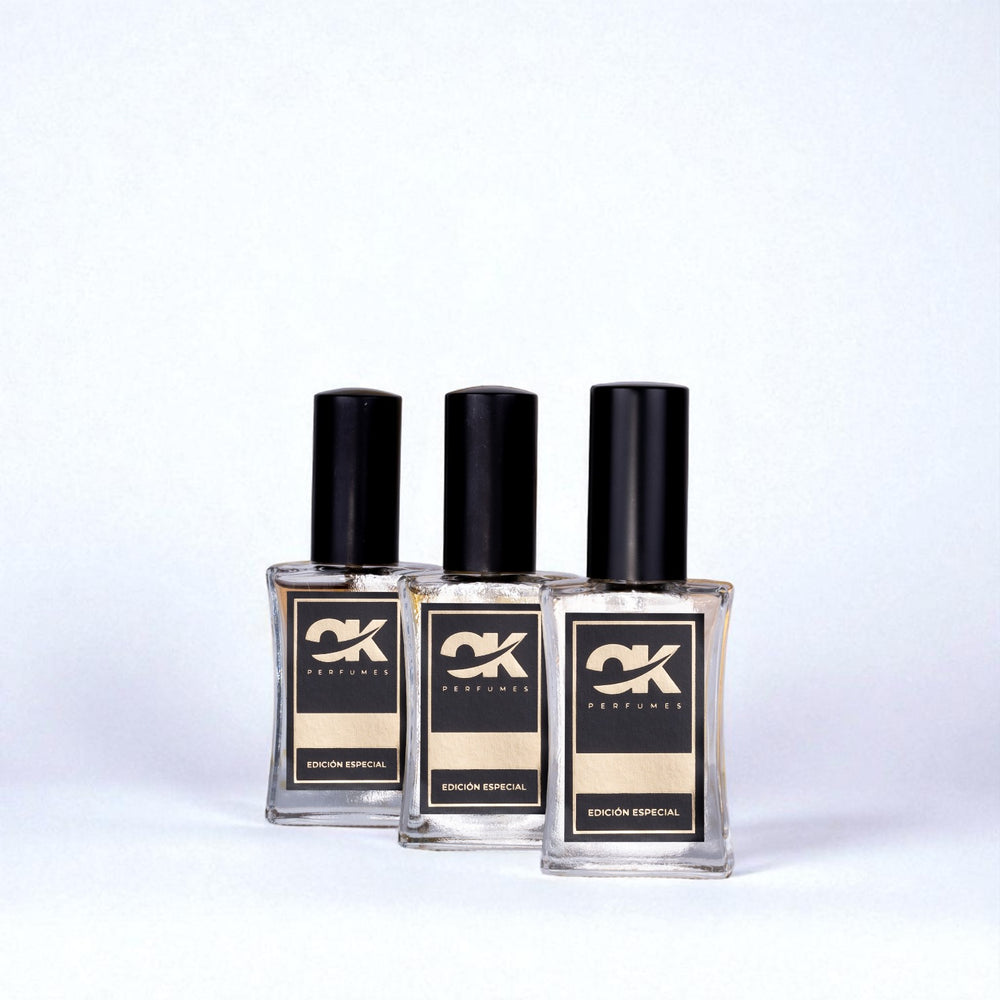Discover the Secrets of a Perfumer: Exclusive Interview
The world of perfumery is a fascinating universe where creativity and science intertwine to create unique sensorial experiences. Today, we interview an expert perfumer who shares his secrets, techniques, and the passion behind each fragrance. In this article, you'll discover not only the ins and outs of the profession but also how iconic fragrances are designed. Get ready to immerse yourself in the art of perfume creation!
Who is a Perfumer?
A perfumer is a scientist, an artist, and often a dreamer. Their work isn't just about blending different essences; it involves a deep understanding of chemistry, human psychology, and, of course, olfactory aesthetics. Each fragrance is a narrative, a story told through its constituent notes.
The Creative Process
When discussing the creative process, the perfumer begins by understanding the inspiration behind a fragrance. This can often stem from memories, landscapes, or even emotions. “Every perfume I create has a story behind it,” the perfumer explains. “For example, a fragrance inspired by Dior's Poison can evoke seduction and mystery.”
Key Ingredients in Perfumery
Ingredients are the soul of every fragrance. From essential oils to synthetic compounds, the choice of each component is crucial. Some of the most popular ingredients include:
- Roses: Icon of romanticism and sensuality.
- Jasmine: Provides a sweet and exotic note.
- Citrus: Freshness and vitality in every drop.
- Amber: Warmth and depth in the aroma.
Having these ingredients allows perfumers to play with different combinations to create a unique fragrance, whether a fresh scent for the day or a more intense one for the evening.
The Importance of Quality
When it comes to fragrances, quality is key. One perfumer explains that “when you create a fragrance, you must use the best ingredients. You can't afford to compromise on quality.” This affects not only the scent but also the longevity of the fragrance. Quality directly influences the price, which varies depending on the rarity of the ingredients and the time it takes to make them.
A Journey Through Olfactory Notes
The olfactory pyramid is a key concept in perfumery. It's divided into top, middle, and base notes, each with its own unique characteristics:
- Top notes: These are the first notes you perceive when applying a fragrance. They are generally fresh and volatile, like citrus or fruit.
- Heart notes: These notes develop after the top notes. This is where the floral or spicy essences that give depth to the fragrance are found.
- Base notes: These are the notes that linger on the skin. Ingredients like sandalwood, amber, and vanilla often occupy this position, providing a sense of warmth and complexity.
The Challenge of Olfactory Perception
A major challenge when developing a fragrance is each individual's olfactory perception. What smells wonderful on one person might not have the same impact on another. "That's why it's essential to create fragrances that, while inspired by classics like Dior's Poison, provide a personal and unique touch," the perfumer notes. This personalization is what keeps the essence of each creation alive and relevant.
The Fragrance Market
The perfume industry is incredibly competitive. Many brands strive to stand out through marketing campaigns and packaging design. However, the authenticity of the fragrance and its quality are the true keys to success.
Custom Fragrances vs. Commercial Fragrances
In recent years, the trend toward creating personalized fragrances has grown. These offer consumers the opportunity to wear a unique and special scent. "More and more people are looking for fragrances that reflect their personality," our expert comments. Meanwhile, commercial fragrances remain popular due to their familiarity and the heritage of iconic brands.
Tips for Choosing the Perfect Fragrance
Choosing the perfect perfume is no easy task. However, there are some practical tips that can help any consumer find the ideal fragrance:
- Know your skin type: Each person's chemistry can alter how a scent is perceived. Always test a fragrance on your skin before deciding.
- Consider the occasion: Think about when and where you'll wear the fragrance. Lighter fragrances are ideal for daytime, while stronger ones are perfect for evening.
- Take your time: Don't rush into buying a perfume. Wait at least 30 minutes to see how it develops on your skin.
Remember that the price of a fragrance doesn't always reflect its quality. Sometimes, a lower-priced fragrance can be of exceptional quality, while higher-end fragrances may not live up to expectations.
Aromatic Adventures to Experience
Perfumers constantly experiment to create new fragrances. This often involves trying combinations that may seem unusual. “You have to be open to experimentation,” the perfumer tells us. The best creations often emerge from surprises, combining unexpected notes to create something new and original.
The Role of Trends in Perfumery
Like any creative industry, perfumery is influenced by cultural and social trends. “Fragrances can be a reflection of the times,” the perfumer notes. As people's tastes and lifestyles evolve, so do their fragrance preferences.
Ethnic and Natural Fragrances
Increasingly, consumers are seeking fragrances that use natural ingredients and ethical practices. This has led to an increase in demand for perfumes that are not only effective but also sustainable. “The future of perfumery lies in sustainability,” our expert assures. Maintaining a commitment to the environment is essential to attracting a new generation of fragrance lovers.
The Future of Perfumery
The future of perfumery is exciting and full of possibilities. As technology advances, there are more opportunities for fragrance creation and personalization. From artificial intelligence that helps identify effective combinations to biotechnology that allows ingredients to be cultivated sustainably, the field is constantly evolving.
Challenges of Adapting to New Technologies
Despite advances, many perfumers face the challenge of balancing tradition with modernity. “It's essential to remember the roots of perfumery while embracing change,” the perfumer tells us. Combining the classic and the contemporary can lead to extraordinary creations that resonate with generations.
Perfumery as an Art Form
Ultimately, perfumery isn't just a business; it's an art form. Each fragrance is a masterpiece, created with passion and precision. "The best thing about being a perfumer is having the opportunity to make people happy through scents," the expert concludes.
Your Next Fragrance Is Waiting For You
Remember, whether you're looking for a fragrance inspired by Dior's Poison or something entirely different, the world of perfume is vast and full of surprises. Take the time to explore and discover your unique essence. The perfect fragrance will not only be a part of your daily routine, but a complement to your identity. Dare to take a journey through the world of scents and find the one that speaks to you!




